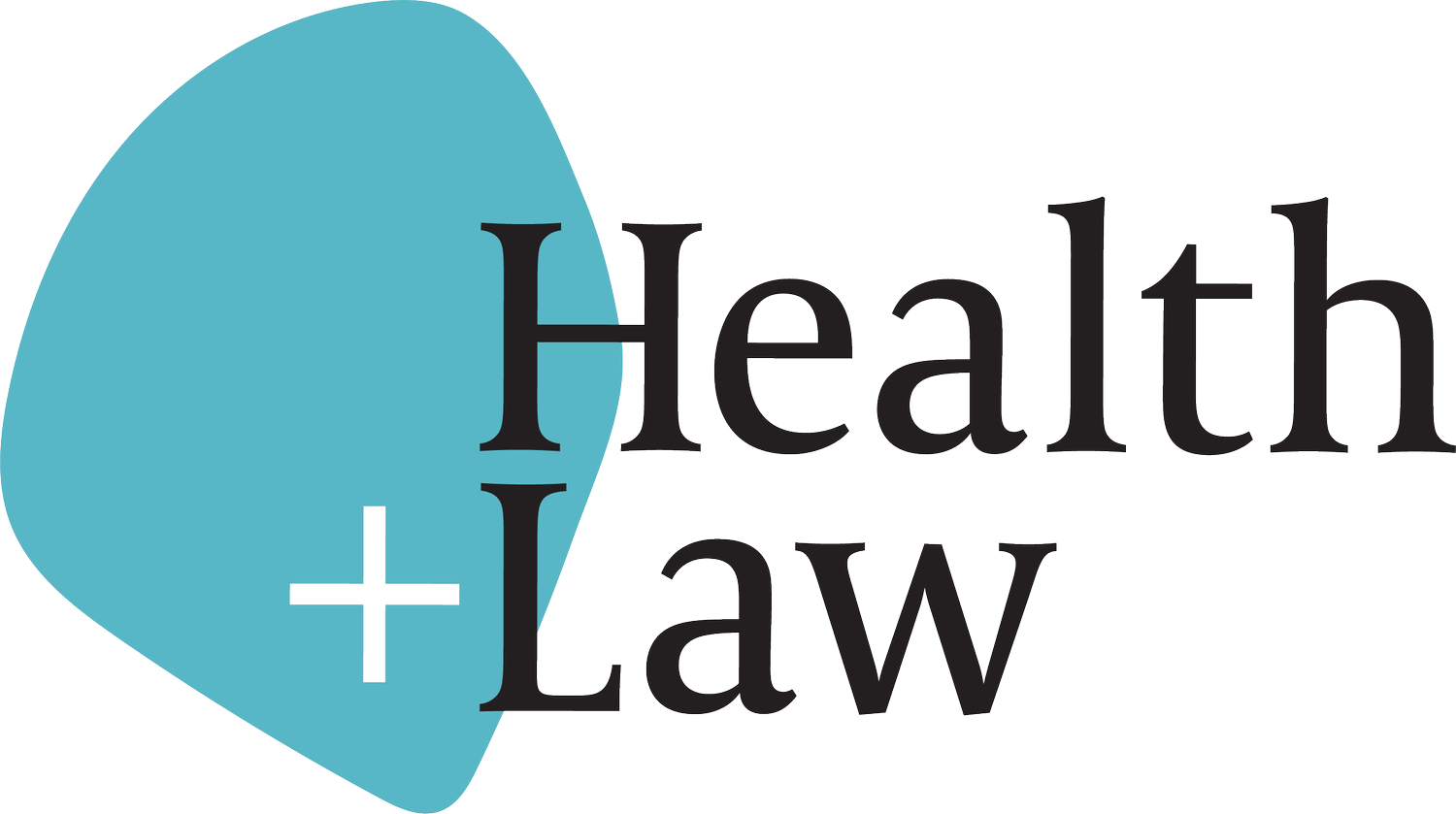Changes to Migration Law and Policy: Improved Prospects for Permanent Visa Applicants Living with Hepatitis B
Over the past five years, there have been incremental changes to migration law and policy that have improved the prospects of people living with chronic hepatitis B becoming permanent residents in Australia. These changes include amendments to what is known as the ‘significant cost threshold’, which the Department of Home Affairs describes as a ‘cut-off amount’ at which it determine that ‘a visa applicant’s estimated health and community service costs’ are ‘significant’ and therefore do not meet the ‘Migration Health Requirement’. The time period used by the Department to estimate these costs is now 10 years for applicants who have an ongoing or permanent health condition with a ‘reasonably predictable course’. Previously, the time period was estimated against the applicant’s lifetime. For temporary visa applicants, the relevant period of time for the estimate of cost is the length of the particular visa subclass.
Separate to these legal changes, the price of medication used for hepatitis B treatment has decreased. This decrease in medication cost means that the estimated costs of a person’s healthcare for the purposes of migration will, in most cases, decrease.
These changes to migration law and healthcare costs are good news for many people living with hepatitis B seeking permanent residency in Australia.* However, existing resources require updating to support access to current and accurate information for people potentially affected by these changes. The interviews we have undertaken as part of the Legal Needs Study (LeNS) have highlighted the difficulty that people living with hepatitis B face locating clear, up-to-date information on migration law and processes.
Australian migration law and policy changes frequently. People migrating to Australia have to navigate an ever-changing legal framework while resources and information about the law and policy quickly become out of date. This is a particular issue for information relating to the visa health assessment process, where changes primarily occur at a Departmental or policy level and often without any notice.
The Health+Law team is currently collating, reviewing and updating resources regarding hepatitis B and migration law. Most recently, we assisted AHSM Health, Australia’s peak professional body representing healthcare professionals in HIV, BBV, and sexual and reproductive health, to update their ‘Hepatitis B and Immigration‘ resource, which outlines how clinicians can support patients living with hepatitis B applying for a permanent visa.
The resource identifies three significant policy changes that have improved the prospects for people living with chronic hepatitis B applying for permanent residency. These are:
1. An increase to the significant cost threshold. As part of the health assessment, healthcare and/or community services considered to represent a ‘significant cost’ to the Australian community would result in an applicant not meeting the health criteria imposed by migration law. What is considered a ‘significant cost’ is a threshold set by the Department of Home Affairs. Since 2021 the threshold has been $51,000. However, following the June 2024 publication of the ‘Hepatitis B and Immigration’ resource, on 1 July 2024, the Australian government announced the significant cost threshold has been increased to $86,000.
2. A change to the timeframe of assessment. Before July 2019, the timeframe against which costs were calculated for permanent visa applications was the life expectancy of an applicant. Costs calculated could therefore vary depending on the applicant’s age. A change to departmental policy in July 2019 now requires costs to be calculated over the applicant's life expectancy up to a maximum of 10 years. This has led to a significant reduction in the estimated costs of the chronic health conditions assessed.
3. A reduction in the cost of chronic hepatitis B treatments. The cost of antiviral medication for the treatment of chronic hepatitis B has previously seen some applicants exceed the significant cost threshold. In October 2022, hepatitis B policy guidelines were updated by the Department to reflect a significant drop in the cost of medications. These costs have continued to fall and are reflected in the most recent hepatitis B policy guidelines, updated in January 2024.
Together, these three changes now mean that applicants living with hepatitis B, including those on treatment, are unlikely to exceed the significant cost threshold based on their treatment alone. This is welcome news for many people living with chronic infection who are seeking to migrate to Australia. Previously, applicants may have been limited to applying for visas that had provision for a waiver of this health requirement to be granted. Most visas do not have these provisions. This meant there were few visa pathways available to people living with hepatitis B for obtaining permanent residency.
People living with hepatitis B who have not received migration advice over the past couple of years may wish to obtain updated advice as these – and other – changes to law and policy may have improved or changed visa pathway options for them. They should contact a registered migration agent or lawyer to discuss these changes and their own circumstances.
*The information contained in this blog post should not be relied on as legal advice. You should talk to a registered migration agent or lawyer to obtain tailored legal advice. The information is correct at the time of publication but may be subject to change. The HIV/AIDS Legal Centre (HALC) is a specialist legal centre, which provides free advice and assistance to people living with HIV or hepatitis. Subject to eligibility requirements, HALC may be able to provide legal assistance.
Further reading:
AHSM Health resource ‘Hepatitis B and Immigration’


